 In the latest sign yet that things in the world are roughly 25% worse than expected (give or take), the FT reports that the IMF will seek an imminent rise in its lending cap from $750 billion to $1 trillion to build safety nets that could prevent financial crises. “Even when not in a time of crisis, a big fund, likely to intervene massively, is something that can help prevent crises,” Dominique Strauss-Kahn, the IMF managing director told the Financial Times. “Just because the financing role decreases, doesn’t mean we don’t need to have huge firepower … a $1,000bn fund is a correct forecast.” At this point it is glaringly obvious that without the explicit support of the various central banks and of such fake international but really US organizations as the IMF, the already prevalent liquidity crisis would simply destroy the world. The troubling theme is that instead of taking away incremental worries, we have now gotten to the point where one bailout, like a butterfly in China, merely requires 10 more down the road. Alas, instead of a virtuous Keynesian dynamic, this is anything but.
In the latest sign yet that things in the world are roughly 25% worse than expected (give or take), the FT reports that the IMF will seek an imminent rise in its lending cap from $750 billion to $1 trillion to build safety nets that could prevent financial crises. “Even when not in a time of crisis, a big fund, likely to intervene massively, is something that can help prevent crises,” Dominique Strauss-Kahn, the IMF managing director told the Financial Times. “Just because the financing role decreases, doesn’t mean we don’t need to have huge firepower … a $1,000bn fund is a correct forecast.” At this point it is glaringly obvious that without the explicit support of the various central banks and of such fake international but really US organizations as the IMF, the already prevalent liquidity crisis would simply destroy the world. The troubling theme is that instead of taking away incremental worries, we have now gotten to the point where one bailout, like a butterfly in China, merely requires 10 more down the road. Alas, instead of a virtuous Keynesian dynamic, this is anything but.
Some more on the IMF’s feeble attempt at justifying the need for its exploding funding requirements, as well as its own attempt to validate that all is well:
South Korea, as this year’s president of the Group of 20 leading economies, is helping craft the plan. Seoul hopes to convince the G20 countries to back the increased IMF funding at a summit in South Korea in November. The G20 meeting in London in 2009 tripled IMF resources from $250bn. A US official said Washington was sympathetic to improved safety nets but needed more details on the Korean-IMF plan.
South Korean economists forged the plan because of their own bitter experience of their currency and stock market plunging in 2008. In spite of robust economic fundamentals, Seoul needed to be rescued from a dangerous liquidity shortfall by swaps from the US, Japan and China. (more…)
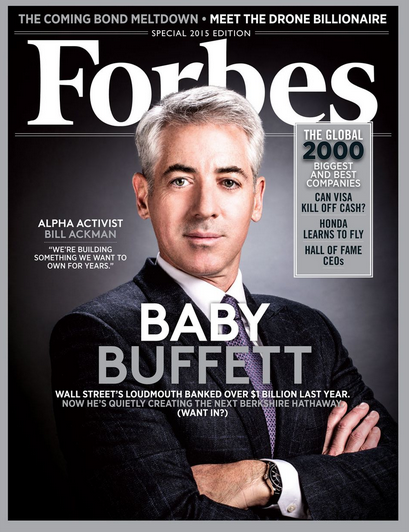

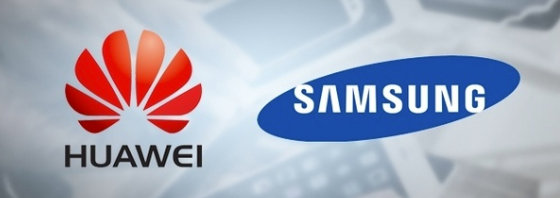
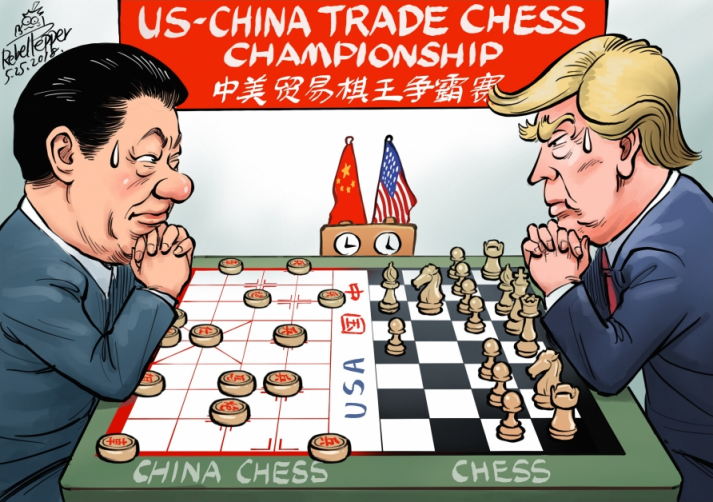

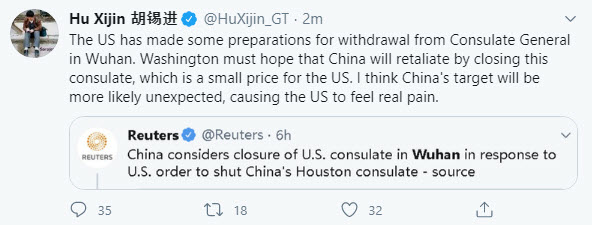
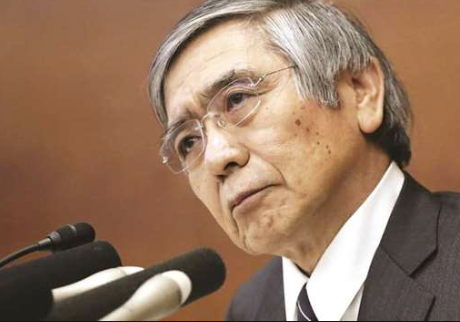

 In the latest sign yet that things in the world are roughly 25% worse than expected (give or take), the
In the latest sign yet that things in the world are roughly 25% worse than expected (give or take), the